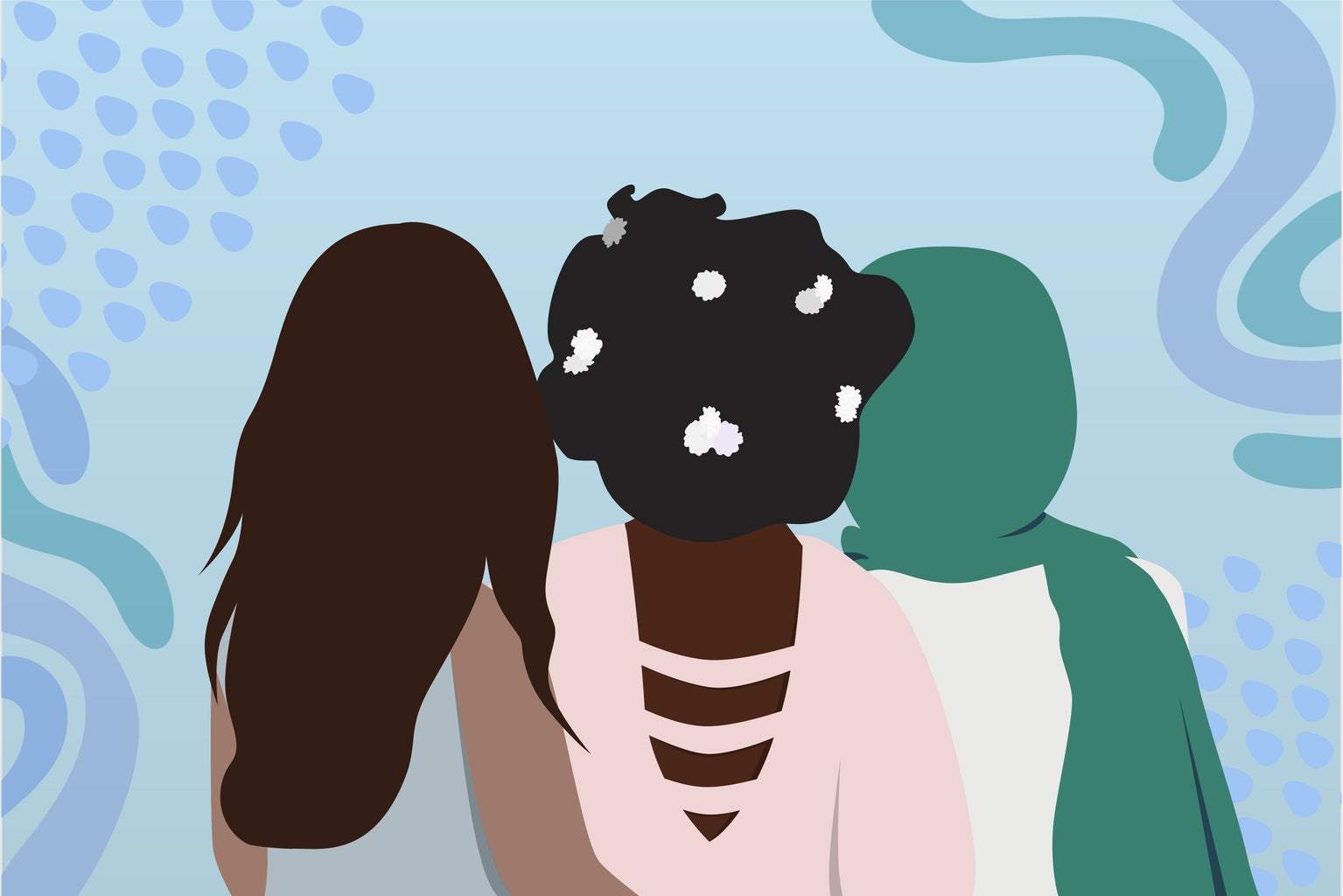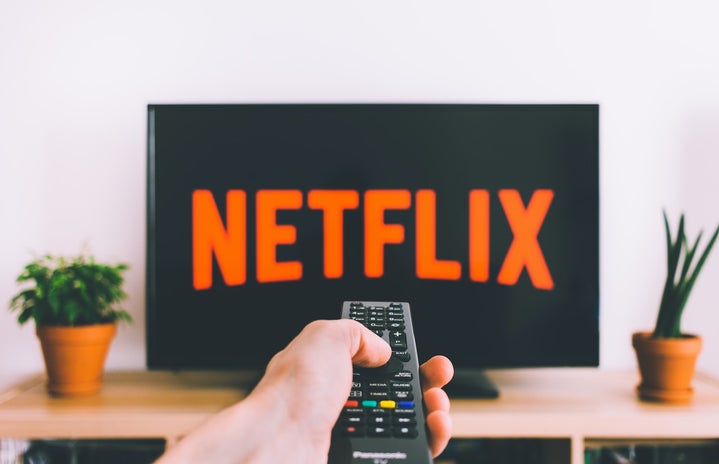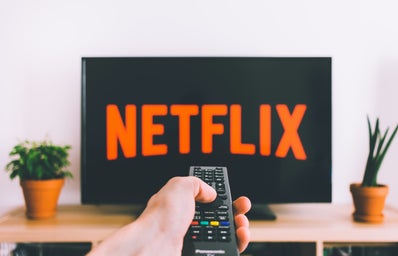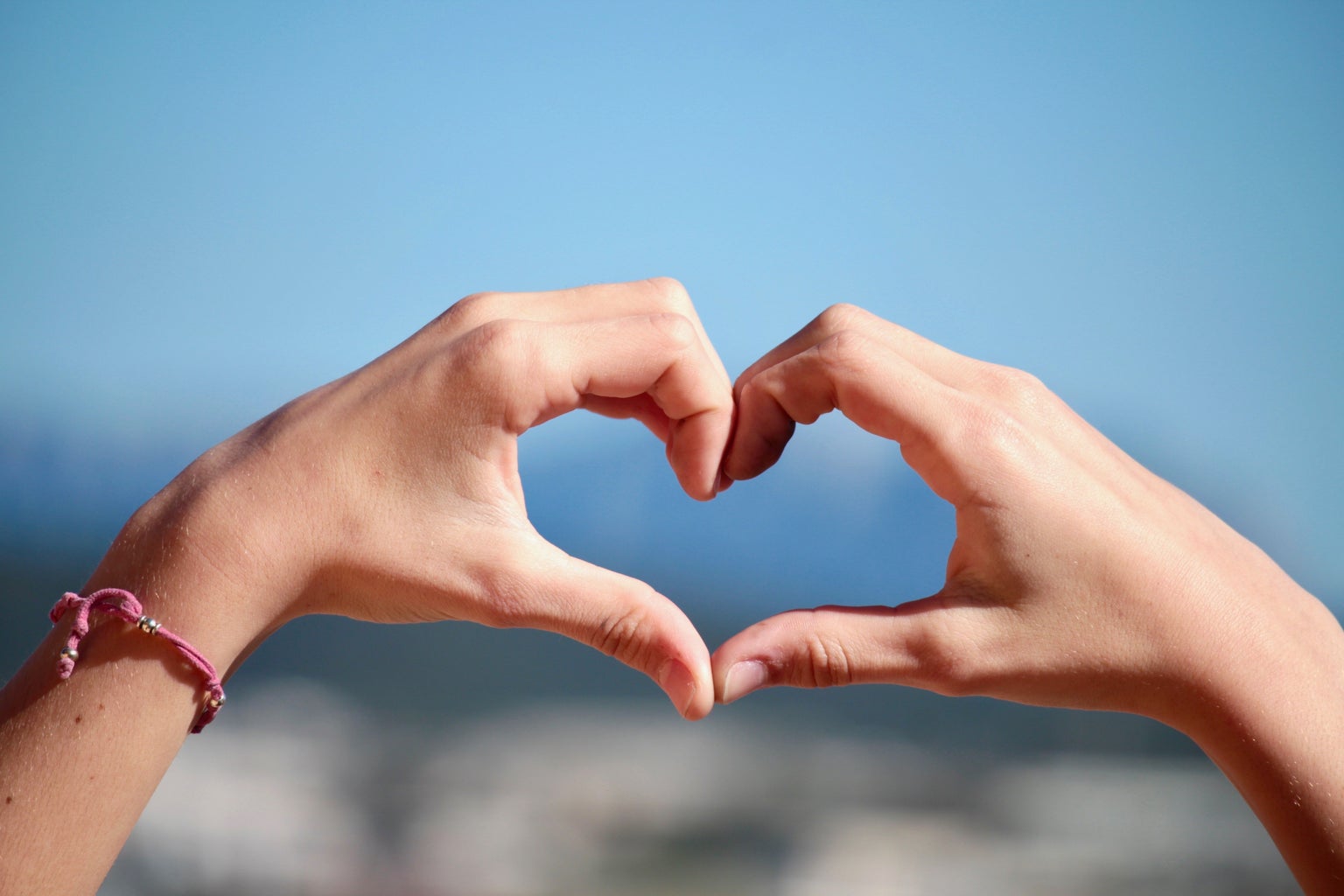These past two weeks, my Tiktok “For You Page” has been filled with clips and commentary from the Netflix reality dating show titled Love is Blind. I had heard about this show before but never watched it, figuring that it would be a stereotypical social experiment-based show. Sure, it might be fun to watch when you’re bored but, ultimately, did nothing to change the status quo, contrary to what the name seems to suggest.
If you aren’t aware of the premise of this show, it essentially gathers a bunch of single people who are ready for marriage for the purpose of having them date and get to know each other—but without ever meeting in person. All they have to base their connections on are the conversations they have with the other person, and if they believe that their connection is strong enough, they propose. (In case you were wondering, this proposal also happens with a wall between them and without them ever seeing or physically meeting each other). Their relationship is tested inside the “pods,” which is where they talk to each other on their “blind dates,” and then it is tested out in the real world as well if they manage to make it that far.
Recently, season two of the show premiered, with new episodes released every week. Certain couples on the show have many TikTok users concerned and frustrated, particularly Abhishek (Shake) and Deepti. Usually, I don’t see a lot of South Asian representation in entertainment, much less in dating shows, so I decided to start watching the show to see why this couple—Shake in particular—was so problematic to so many people.
Already, in the first episode, it’s evident why many viewers were taken aback by Shake’s comments. Not only does he ask many questions about the women’s physical features, like “Would I be able to carry you on my shoulders at a concert?”, but he also makes it known right off the bat to Deepti, an Indian woman, that he never dates brown girls. He talks about all of his serious relationships being with blonde women, but the real issue is the comment he makes after that. He says, “I just remember moving to America, seeing two things for the first time. Seeing snow and blonde girls. And I felt the same way when I saw both. I was like ‘Oh wow!’” He then justifies it with a flippant, “You like what you like, right?”
While liking white women in itself isn’t problematic, Shake’s insistence on only dating white women is. It’s one thing to have a preference, but to write off other races and ethnicities in their entirety? After Shake’s comments, Deepti also shared that she had never dated an Indian man before. However, her comments weren’t nearly as problematic as Shake’s, since hers had to do more with a lack of experience, while Shake’s had to do with a blatant unwillingness to date a woman from his own culture outside of this social experiment. He seemed immediately put off by their pairing and unwilling to change his perspective or be open to Deepti, a brown woman. Shake’s comments reflected how many view the world through the lens of Eurocentric beauty standards, fascinated by blondness and proximity to whiteness, and put off by anything that deviates from it.

While Deepti had never dated a brown man before, she was open to the idea and welcomed the possibility of change, unlike Shake, who was very hesitant. Yet, the two kept talking and were paired up because of their many similarities and how they connected on an emotional level. As their connection grew, it seems that Shake learned to be more open-minded.
Later on, he proposed to her, sight unseen, and it is then that the couple moved to the next stage and eventually, saw each other in person. The pair was excited (naturally) and once Shake saw Deepti (who is objectively beautiful), he couldn’t keep his hands off her. Whether grabbing her butt or making out with her, it was clear that he found her attractive. By his raunchy commentary and displays of affection, you would believe that Shake had moved past whatever internalized racism he formerly harbored against Indian women. Unfortunately, this is not the case.
Throughout the show, he made comments to many of the other contestants about how he was not physically attracted to her at all. He even goes so far as to say that he felt like he was dating his aunt. Not only is leaving Deepti in the dark about these feelings and publicizing them to everyone else incredibly disrespectful, but these comments also revealed how he views Indian women as undesirable and relegated them to the category of family even though they… aren’t? This further perpetuates the stereotype that Indians are all seemingly related and that they can’t possibly be viewed in a romantic light.
Shake’s personality magnifies an even larger problem in the Indian community, where white women are put on a pedestal by brown men, and brown women are neglected until it’s time for the men to settle down and be taken care of. It reduces brown women to caretakers and it’s unfortunate that this mentality is one that is still prevalent today. Even Shake’s mom stated that she related more to Deepti than her son, saying that “She could find someone who absolutely loves her the way she is. She’s a wonderful person.”
I hope that by watching Shake’s abhorrent behavior and comments on Love Is Blind, people are able to understand how deep the roots of internalized racism are and how it drastically affects brown women in the dating scene. It’s time to unlearn these toxic ideals and realize that Eurocentric features aren’t the epitome of beauty. As a society, we need to do better.



